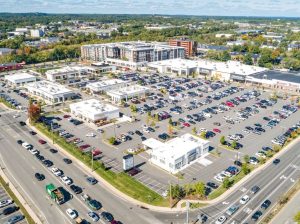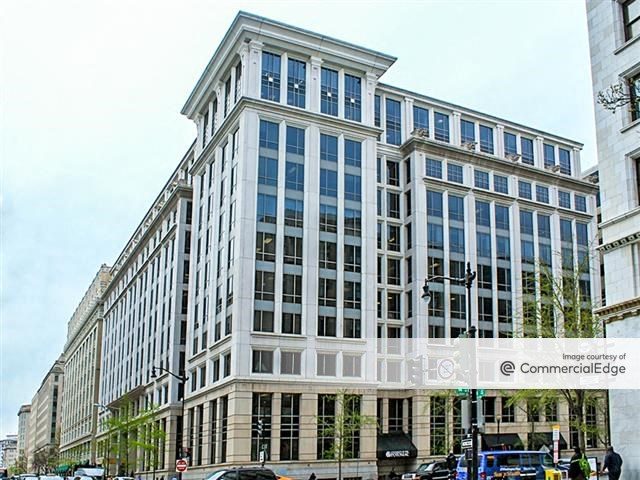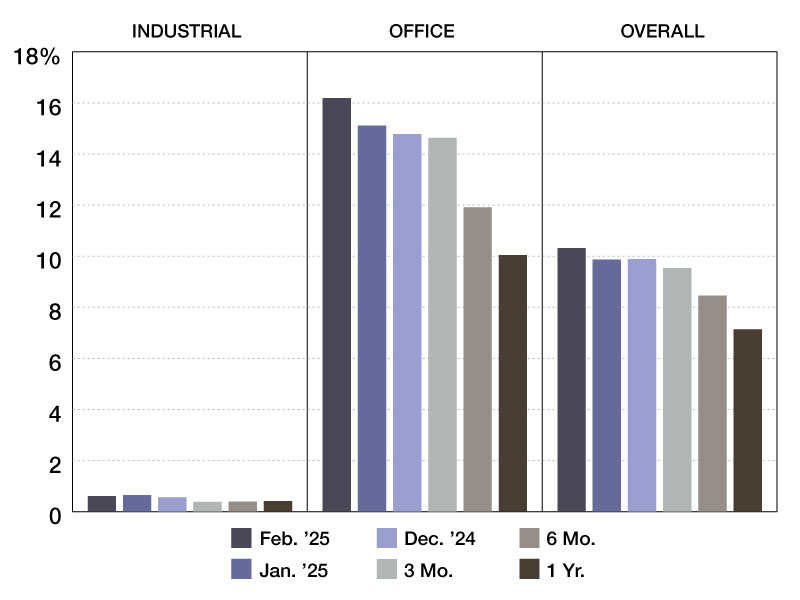EDENS Lands $90M for 2 Boston-Area Shopping Centers
PGIM Real Estate provided the fixed-rate financing.
EDENS has obtained a $90 million, fixed-rate loan for two Class A retail properties, totaling 394,108 square feet, in Boston’s northern suburbs. PGIM Real Estate provided the seven-year financing.
The 201,965-square-foot Woburn Village in Woburn, Mass., and the 192,143-square-foot Burlington Crossroads in Burlington, Mass., are both unlevered and wholly owned. Each property underwent a recent redevelopment that added an organic grocery store and restaurants, as well as more entertainment options.
READ ALSO: Retail Property Redevelopment Strategies
Woburn Village came online in 1984, according to CommercialEdge information. EDENS purchased the property for $44 million in 2017 and completed its redevelopment in 2021. Anchored by Market Basket, a dominant grocer in the area, TJ Maxx/HomeGoods, HomeSense and DSW, the retail center is currently 97.9 percent leased.
EDENS acquired Burlington Crossroads in 1998 for $20.3 million, CommercialEdge data shows. The 1980-built property underwent a nearly $8 million renovation that was completed in 2014. The fully leased shopping center has Target, Total Wine & More, Marshalls and Michaels as anchor tenants.
Tom Goodsite, managing director at PGIM Real Estate, led the financing process. In a prepared statement, Goodsite noted that necessity-based retail is a resilient property sector where fundamentals will remain strong.
Economics of necessity
In the same necessity-based retail mode, last December EDENS acquired from Combined Properties Inc. three grocery-anchored shopping centers for a total of $136.8 million. The assets total more than 400,000 square feet and are all in dense, infill submarkets of Los Angeles County.
The metro Boston retail real estate market saw about 274,902 square feet of net absorption in the fourth quarter, according to a report from Cushman & Wakefield. Arguably that isn’t much, but considering that the previous four quarters saw net absorption of at most 130,730 square feet, ranging down to negative 137,787, local landlords are probably happy to see the upturn.
The metro’s average retail vacancy was 4.0 percent in the fourth quarter, versus a nationwide average of 5.7 percent, also according to Cushman & Wakefield data.








You must be logged in to post a comment.